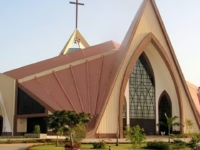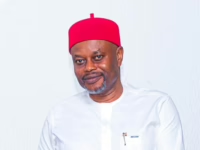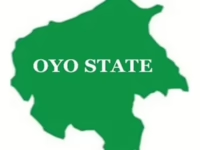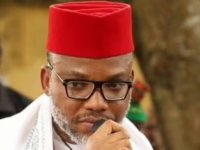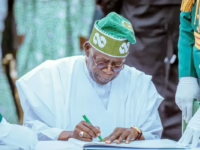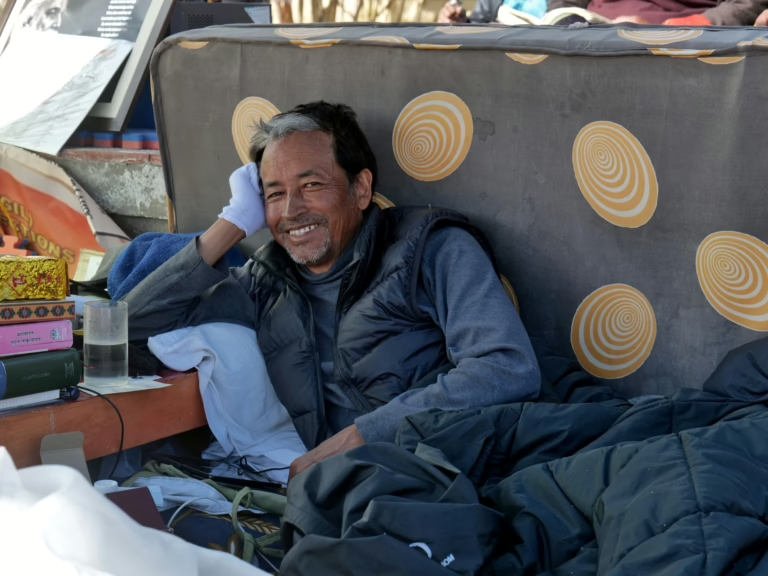New Delhi, India – On the evening of August 5, 2019, Indian security forces detained hundreds of Kashmiris during a sweeping crackdown that followed the central government’s revocation of Jammu and Kashmir’s special autonomous status.
Sonam Wangchuk, a prominent Ladakhi innovator and education reform advocate, publicly expressed his gratitude to Prime Minister Narendra Modi.
“THANK YOU PRIME MINISTER,” he posted on X (formerly Twitter), “for realizing Ladakh’s long-held aspiration.”
Wangchuk was alluding to the persistent demand from many in Ladakh, a cold desert region bordering China, to be administratively separated from Jammu and Kashmir – the Indian-controlled portion of the disputed territory also claimed by Pakistan. Prior to August 2019, Ladakh was part of Jammu and Kashmir. The Modi administration’s decision transformed Ladakh into a distinct union territory, directly governed by New Delhi.
Unlike Jammu and Kashmir, which retained a locally elected legislature despite its downgraded status, Ladakh was denied any form of representative governance. This exclusion gradually fueled political unrest in Ladakh over the following six years, with Wangchuk emerging as a leading figure in the opposition movement against the central government.
On September 26, Wangchuk was arrested and transferred over a thousand miles away to a prison in Jodhpur, Rajasthan. Authorities charged him with “anti-national” activities and conspiracy to destabilize the government, following violent clashes initiated by a splinter faction of his protest group. Security forces shot and killed four protesters after they set fire to the local office of Modi’s Bharatiya Janata Party (BJP), and Wangchuk was accused of inciting the unrest.
Ironically, the same BJP government had previously enlisted Wangchuk’s support for promotional campaigns in Ladakh, and BJP-led states had sought his expertise in education reform. Once celebrated as a national icon and the inspiration behind a beloved Bollywood character, Wangchuk now faces allegations of treason, with officials insinuating possible Pakistani involvement in his advocacy for Ladakh’s constitutional rights.
“Within a month, the government that once honored him is branding him anti-national,” Wangchuk’s wife, Gitanjali Angmo, told Al Jazeera. “This is clearly an attempt to silence and intimidate him because they couldn’t co-opt him.”
Sorrow in Leh
In early September, Wangchuk and fellow activists initiated a hunger strike in Ladakh, continuing a series of peaceful demonstrations calling for constitutional safeguards under the Sixth Schedule. This provision grants autonomous governance to regions predominantly inhabited by Indigenous tribes, who make up over 90% of Ladakh’s population.
However, on the fifteenth day of the strike, a group of youth protesters broke away and set fire to the BJP office in Leh, Ladakh’s capital, on September 24. Security forces responded with gunfire, killing four individuals, including a veteran soldier, and injuring many others. Subsequently, authorities launched a sweeping crackdown, detaining more than 80 people, including the leaders of the peaceful hunger strike.
Wangchuk was detained under the National Security Act, which permits preventive detention without trial for up to a year. In solidarity, over a dozen local activists voluntarily surrendered to the police.
This marked the most severe violence and repression in Ladakh’s recent history.
Stanzin Dorje, a businessman in his late thirties from Leh, had joined the hunger strike alongside Wangchuk. Following the crackdown, he was confined to his home under a strict curfew enforced by armed forces. Friends noted his growing despair.
Tragically, Stanzin died by suicide on a Wednesday, leaving behind a wife and two children.
“He admired Sonam deeply and often spoke of him,” said Tsering Dorje, president of the Ladakh Buddhist Association, a key group in the protests. “He was deeply troubled and saddened. We all ask, ‘What crime did Sonam commit? He was peacefully protesting. Why was he arrested and sent so far away?'”
Wangchuk’s journey from a local engineer to a symbol of innovation and sustainable living made him a role model for Ladakhi youth, according to Dorje. “We mourn for our people here in Leh – those who have died and those imprisoned,” he added.
From Local Innovator to National Figure
Born in 1966 in Uleytokpo, a mountainous village about 70 kilometers from Leh, Wangchuk was initially home-schooled by his mother, Tsering Wangmo, until age nine. In 1975, his family relocated to Srinagar when his father, Sonam Wangyal, became a minister in the Jammu and Kashmir government.
Wangchuk struggled academically in Srinagar due to language barriers, as he spoke only Ladakhi while classes were conducted in Urdu and Kashmiri. He later moved to New Delhi for high school and pursued mechanical engineering at the National Institute of Technology in Srinagar. Shortly after graduating in 1988, he co-founded SECMOL (Students’ Educational and Cultural Movement of Ladakh) with fellow students to overhaul Ladakh’s education system.
Before SECMOL, nearly 95% of Ladakhi students failed state exams, hindered by a curriculum taught in Urdu – a language unfamiliar to most Ladakhis – and cultural disconnects. At SECMOL, pass rates for the 10th grade rose dramatically from 5% to 55% within seven years, eventually reaching 75%. The SECMOL Alternative School Campus near Leh accepted only students who had failed in conventional schools, offering hands-on learning through activities like running a radio station, farming, machine repair, and campus management.
In recognition of his educational reforms, Wangchuk received the Jammu and Kashmir Governor’s Medal in 1996.
Meanwhile, in the 1980s, Wangchuk’s father led multiple hunger strikes advocating for the recognition of Ladakh’s communities as Indigenous tribes. In 1984, then-Prime Minister Indira Gandhi visited Leh and symbolically offered Wangyal a soft drink, pledging to acknowledge Ladakh’s tribal status.
Wangchuk’s national prominence grew with innovations such as ice stupas-artificial glaciers that store winter water-and solar-powered tents for soldiers enduring the Himalayas’ harsh winters. He also became a noted climate activist, championing environmental sustainability, according to Manshi Asher, a Himalayan environmental justice researcher.
His accolades include the prestigious Magsaysay Award in 2018, often dubbed Asia’s Nobel Prize.
Wangchuk’s educational philosophy inspired the character Phunsukh Wangdu, portrayed by Aamir Khan in the blockbuster Bollywood film 3 Idiots. The character challenged rote learning and rigid schooling, emphasizing curiosity and critical thinking-a message that resonated globally, especially in China, where it sparked debates on education’s true purpose.
Today, however, Wangchuk faces accusations far beyond educational reform, charged with undermining the Indian state itself.
Ladakh’s police chief, SD Singh Jamwal, stated that Wangchuk is under investigation based on “credible inputs” suggesting ties to Pakistan. Authorities allege that a detained Pakistani intelligence agent circulated videos of Wangchuk’s protests. They also pointed to Wangchuk’s attendance at a climate conference in Islamabad, organized by the Dawn media group and the United Nations, as evidence of suspicious links, despite Wangchuk’s public praise of Modi’s climate initiatives at the event.
His arrest has intensified tensions in Ladakh. Protest leaders have withdrawn from negotiations with the Modi government, demanding the unconditional release of detainees, including Wangchuk, and compensation for those killed during the security forces’ firing.
“If the government ignores our demands, we will escalate our protests,” said Tsering Dorje of the Ladakh Buddhist Association. “Our people have died, and our leaders are imprisoned. What other choice do we have?”
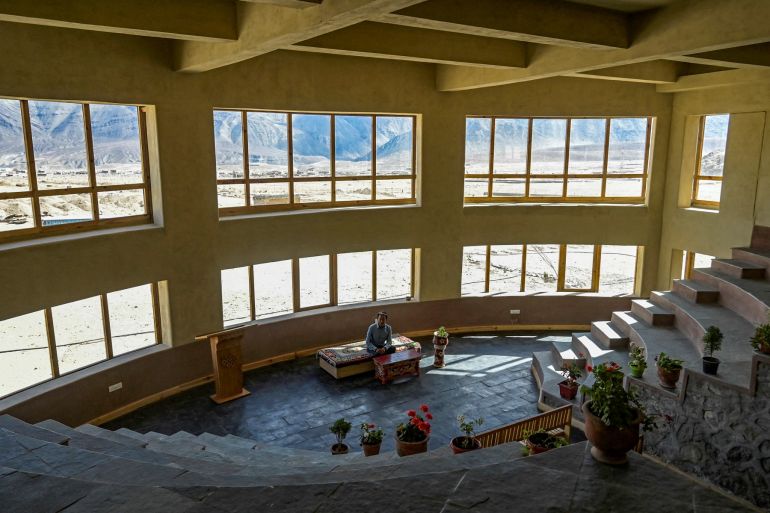
From Hope to Turmoil
Although Wangchuk’s work centered on education and environmental conservation, he increasingly embraced political activism in recent years.
Following the 2020 Galwan Valley clash between Indian and Chinese troops, Wangchuk called for a boycott of Chinese goods. In 2023, he staged a climate fast at Khardung La, one of the world’s highest motorable passes, to highlight the Himalayan ecosystem’s vulnerability. Authorities placed him under house arrest.
The following year, Wangchuk announced a hunger strike demanding constitutional protections for Ladakh, directly challenging New Delhi and criticizing industrial mining interests. He also led the “Pashmina March,” where locals walked alongside their herds to raise awareness about threats to pastoral livelihoods.
Reflecting on August 2019, Wangchuk recalled his initial joy when Jammu and Kashmir’s special status was revoked. However, he later realized that Ladakh had moved “out of the frying pan, into the fire,” left without any democratic platform.
Manshi Asher explained that the overlap between climate activism and politics was inevitable. “In a centralized, top-down capitalist system prioritizing corporate interests, communities and ecosystems supplying resources are marginalized,” she said. “Thus, demands for sustainability are deeply intertwined with calls for decentralized governance and protective policies.”
Sajad Kargili, a core member of the Kargil Democratic Alliance, another group negotiating with the government, noted that politics was unavoidable for Wangchuk given his background. “Though I disagree with his politics, we support him because we share a genuine struggle for our rights,” Kargili told Al Jazeera.
Kargili warned that labeling Ladakhi leaders as “anti-nationals” risks alienating a sensitive border region near China and Pakistan. “The government’s heavy-handed approach is breeding mistrust among Ladakhis,” he said. Other leaders are reportedly preparing for possible arrests.
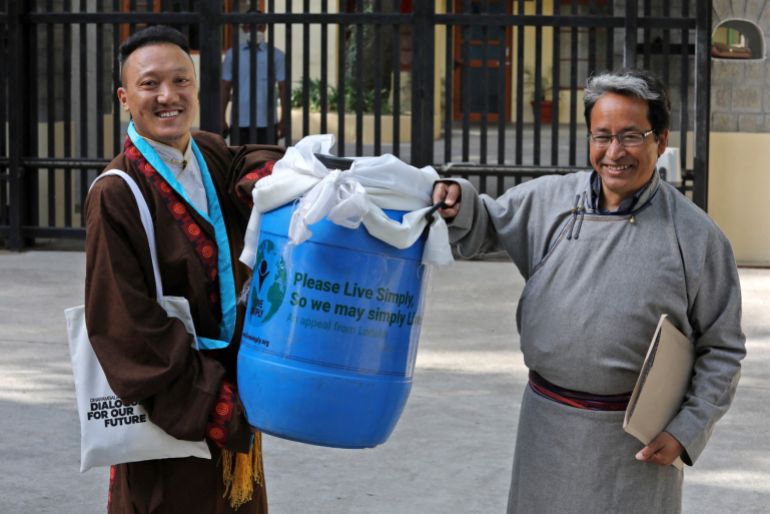
A Region on Edge
Gitanjali Angmo, Wangchuk’s wife and co-founder of the Himalayan Institute of Alternatives, Ladakh (HIAL), described her husband’s arrest as the culmination of a prolonged “witch hunt” involving threats to donors, intimidation by investigative agencies, and revocation of licenses for foreign funding.
Despite these challenges, Angmo remains determined that their movement will endure.
She is currently managing legal battles, security inquiries, and efforts to sustain SECMOL and HIAL, even as two staff members remain detained alongside other leaders.
On September 30, the Ladakh administration accused Wangchuk of advocating government overthrow inspired by the “Arab Spring” and encouraging self-immolation protests akin to those in Tibet. They blamed him for the violence in Leh that resulted in four deaths, claiming he failed to quell the unrest despite efforts by other community leaders.
The administration insisted that law enforcement actions are based on credible evidence and urged impartial continuation of investigations.
Angmo fears the government’s crackdown risks turning Ladakh into a “ticking time bomb,” mirroring the prolonged unrest and human rights concerns in Indian-administered Kashmir.
“Why are they intent on turning Ladakh into another Kashmir?” she questioned.
Her greatest concern remains Wangchuk’s wellbeing. India’s Supreme Court has requested the government to provide detailed reasons for his arrest to Angmo ahead of a hearing scheduled for October 14 on her petition challenging his prosecution.
“I don’t know how he is being treated, what food he receives, or if he has access to his medications,” she said. “Fear is being imposed to silence us. This is no longer a democracy.”










